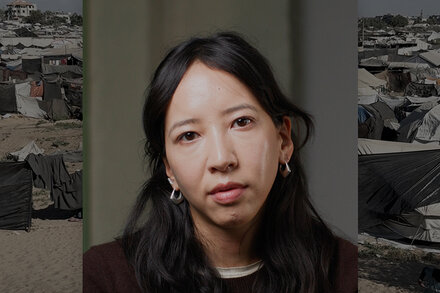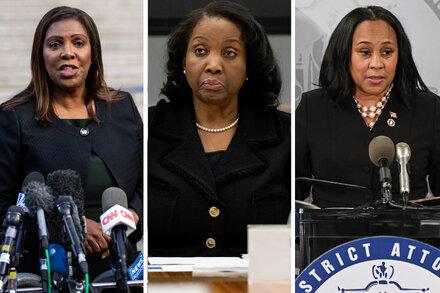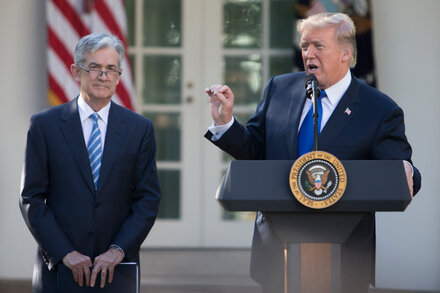In recent years, mothers, a demographic often considered a diverse and influential voting bloc, have increasingly found themselves at the focal point of political discourse, particularly within the rhetoric of former President Donald Trump and his political movement. This heightened attention has often framed mothers as central figures in ongoing culture wars, particularly concerning education, family values, and societal shifts, effectively placing them “in the crosshairs” of contentious political debates.
The Battleground of Parental Rights and Education
A significant aspect of Trump’s engagement with mothers stems from his consistent emphasis on “parental rights” and his criticism of perceived “radical” or “woke” curricula in public education. This rhetoric often casts public schools as institutions that are overstepping their bounds and eroding parental authority, positioning mothers as primary guardians who must reclaim control over their children’s upbringing and education.
“We’re going to stop the radical indoctrination of our children. We will keep men out of women’s sports. We will protect parental rights. And we will restore patriotic education in our schools,” Donald Trump stated at the Conservative Political Action Conference (CPAC) in March 2023. This sentiment has been a recurring theme in his speeches and campaign platforms.
For some mothers, this messaging resonates as a call to action against what they perceive as harmful progressive influences in education, such as discussions on gender identity, critical race theory, or comprehensive sex education. For others, however, it is viewed as an attack on inclusive learning environments and an attempt to politicize school boards and curricula, placing them in a defensive posture against political interference in local education.
Culture Wars and Shifting Family Values
Beyond education, Trump’s campaign has frequently tapped into broader cultural anxieties, often advocating for what it describes as traditional American values. This stance has, at times, led to implicit or explicit critiques of mothers whose personal choices or advocacy do not align with these traditional frameworks. Debates over gender roles, family structures, and societal norms have frequently drawn mothers into a polarized environment, where their decisions are subjected to political scrutiny.
This dynamic has created a complex landscape for mothers, who are simultaneously courted as essential voters and, at times, criticized for their perceived roles in contemporary social changes. The political messaging often seeks to activate a base of mothers concerned about societal shifts, while inadvertently alienating others who feel their choices and lifestyles are being judged by a political movement.
A Politically Charged Demographic
The consistent focus on mothers in Trump’s political narrative highlights their perceived power as a voting bloc and their symbolic importance in cultural debates. Whether through direct appeals to “parent warrior” movements or through broader criticisms of “woke” policies affecting children, the campaign has ensured that mothers remain a central, and often embattled, demographic in the national conversation.
This strategy has undeniably galvanized a segment of mothers, particularly those aligned with conservative values, to become more politically active. Conversely, it has also spurred opposition and created a sense of alienation among other mothers who disagree with the underlying premises of this rhetoric, further entrenching political divisions along demographic lines.
Source: Read the original article here.





